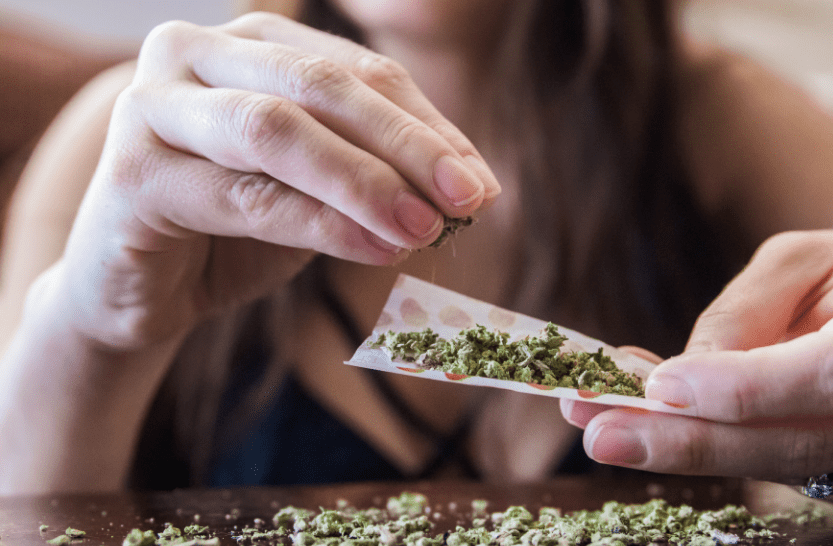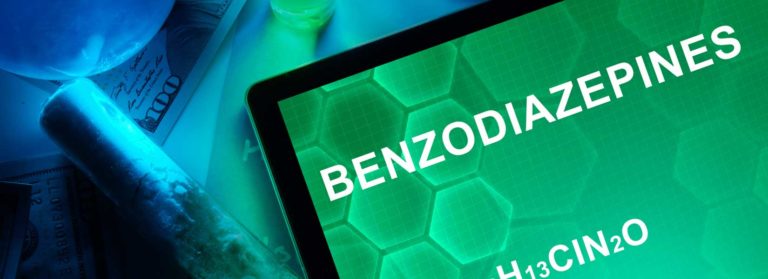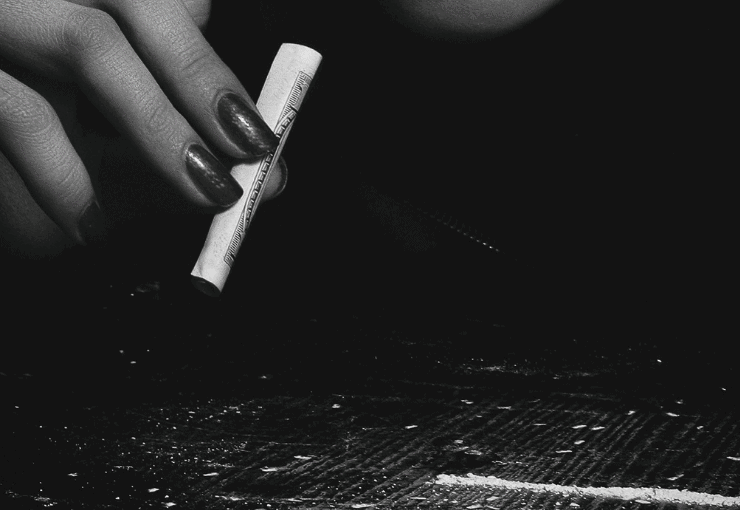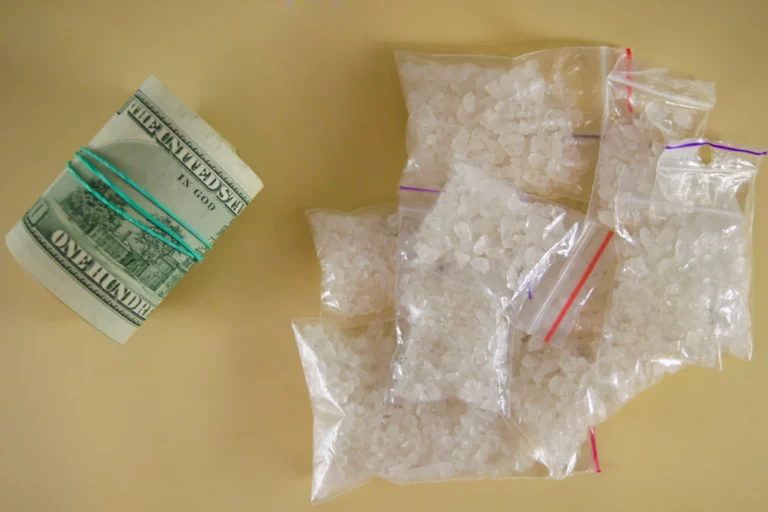Cannabis is now legal in a number of states across America, including the nation’s capital. On April 20th, or 4/20, marijuana users everywhere are celebrating the annual “holiday” where they get to smoke weed.
But is this “holiday” really worth celebrating? The answer is a resounding no. Not only is it bad for you, but the dangers of celebrating 4/20 are very real. So let’s take a look at why it’s not worth celebrating, and what harm this day causes.
Exactly What is 4/20?
Today’s date is 4/20, and it’s a day when cannabis enthusiasts across the world use marijuana. The date represents the date that marijuana was first outlawed in America, in 1937. However, it also represents something much more than that. It represents the day that weed became popular in the United States, first being brought to the public’s attention in the mid-1940s. It’s also the anniversary of the birth of the modern cannabis subculture. While it may be a special day for stoners, it isn’t a day to celebrate cannabis.
Why Is 4/20 a Holiday?
On April 20th, or 4/20, cannabis smokers celebrate the day the herb was made illegal in the United States. However, this day isn’t a celebration of cannabis. It’s a celebration of the big lie that is prohibition.
While cannabis is legal in some states and nations, it’s not completely legal. Here’s the thing though, it’s not a good idea to encourage people to celebrate the day your drug became illegal. By celebrating the day cannabis was made illegal, you’re telling the world you don’t think prohibition works.
The Dangers of Celebrating 4/20
Let’s be clear, celebrating April 20th isn’t a good idea. It’s also not something that’s worth celebrating.
The fact that you should be careful about celebrating 4/20 is enough reason to avoid it. What’s more, there are some very real dangers associated with celebrating 4/20.
Today’s date is associated with three subcultures: cannabis culture, faux-counterculture against the mainstream, and faux-political activism. By celebrating 4/20, you’re associating yourself with all three. You’re associating yourself with stoners and faux-counterculture. You’re associating yourself with faux-political activism and faux-political ideologies.
4/20 and the Law
As we’ve seen, it isn’t a good idea to celebrate April 20th. But what about the law? Should you be careful about celebrating 4/20? Well, yes and no. The answer is yes, because depending on where you are, celebrating 4/20 could get you into trouble with the law.
However, the answer is no, because there are no federal laws against celebrating 4/20. Celebrating 4/20 isn’t illegal as long as you aren’t violating any state laws.
Dangers of Marijuana
In general, it’s not a good idea to celebrate this day. You should be careful about celebrating 4/20 and you should also make sure you aren’t breaking any local laws. In addition, there is another downside to all of this. The day has become such a big deal that people are unintentionally promoting smoking among young people and they are more likely to try cannabis, which leads them down the road towards addiction, as well as an adverse reaction from marijuana.
4/20 also celebrates acceptance and legalization, but promotes driving while high on weed. It is illegal in most states for anyone under 21 years old to drive with any amount of THC in their system- no matter if you’re completely sober or just feeling “buzzed”.
Asheville Recovery Center is Here for You
Fortunately, there are ways to prevent substance abuse and help those who are already struggling. If you or someone you know is struggling with addiction, it is important to get treatment. At Asheville Recovery Center treatment specialists utilize a 12-step program and practice holistic rehabilitation.
Services at the center include:
Partial Hospitalization Program – At Asheville Recovery Center we offer a partial hospitalization program for clients who need post-residential treatment as well as for clients who need primary treatment but are unable to enroll in inpatient programs. Our PHP track offers a variety of therapeutic services and benefits to individuals in early recovery from substance addiction.
Outpatient Rehabilitation – During intensive outpatient treatment (IOP), clients live at home or in a sober living residence while completing an addiction treatment program. IOP is a place where clients can process their experiences in twelve-step fellowships and support one another in those individual journeys. Addiction is difficult to overcome alone. If you feel that you or a loved one is struggling with substance abuse, our specialists are on standby and ready to help. Call and speak with an addiction expert today.








